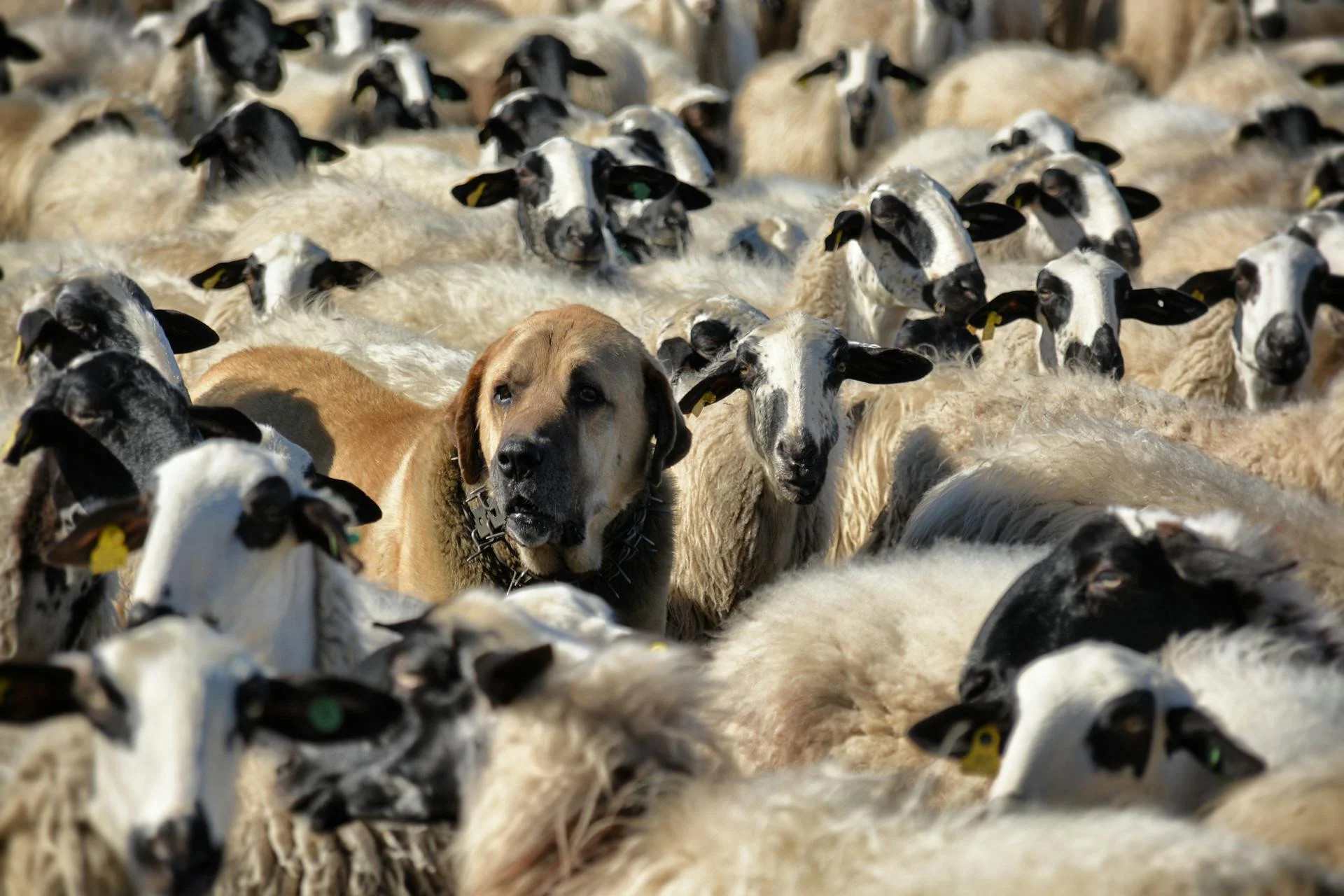
Race horses come with a wide range of price tags; the cost varies greatly depending on a variety of factors. Let’s have a look at what additional things you’ll need to consider when attempting to calculate the cost of owning and racing your own horse.
First, you’ll need to be aware that racehorses can range from hundreds to tens of thousands in value. Typically, yearlings sold at auction can range from $10,000 up to $1 million with average prices being around the $50,000 mark. Then there are also older horses that have already proven themselves by racing before which will set you back even more as they could be priced anywhere between four figures up into seven figures and beyond!
To buy yourself a quality thoroughbred racehorse then expect costs such as; vet fees for an examination (to make sure it is free of any major health issues), insurance premiums and training fees per month if it isn't trained by yourself. Depending on how far away the racehorse is located you may incur travel costs too if transporting is necessary - this applies especially if attending an auction to purchase your horse in person instead of researching available horses online.
On top of these immediate expenses you must factor in ongoing costs such as feed/forage, stabling fees (if not already included within training fees or kept at home) along with transport or entry fees for any races entered into – definitely don’t forget there may be unexpected veterinary bills further down the line too! Therefore taking all these additional aspects into account alongside initial purchase price could mean the entire expense amounts would depends upon circumstance and commitment so really can vary widely infinitely!
A different take: Horse Training
How much is the average price of a race horse?
When it comes to the average price for a race horse, there is no one definitive answer due to the variable nature of horses and their prices. Different breeds of horses with different types of qualities can impact the cost significantly. For example, thoroughbreds are typically seen as higher quality animals in comparison to other breeds and may have a much larger price tag associated with them. Additionally, features such as age and condition may also play a big role in pricing. Furthermore, if potential buyers are looking for a competitive animal that has achieved proven success in racing or show jumping events that could easily up the average price even more so than normal.
The cost range when it comes down to purchasing an average quality race horse generally lies between $5,000 to $10,000 USD depending on where you go shopping (such as auctions or private sellers.) However keep in mind these prices could easily double depending on pedigree or performance records from previous events the animal has participated in. Therefore it would be wise to research extensively before committing financially towards any type of racetrack investment such as these just mentioned.
Expand your knowledge: How Much Room Do Horses Need?
Are there any cost savings associated with buying a race horse?
If you’re a racing fan, you may have considered buying a racehorse as an investment. While it can be an expensive venture and there are no guarantees, buying a racehorse can indeed provide cost savings in the long run.
First of all, buying a thoroughbred racehorse early on in its career can be cheaper than waiting to purchase one who has already raced and is experienced. This way you won’t have to spend money on training or preparing for races that the horse has already run professionally. You also buy the horse at its peak condition and don’t have to worry about any potential injuries from competition or medical issues that come with aging horses.
Another great cost savings associated with owning a racehorse is that some of your costs associated with the horse are tax deductible. That includes things like training fees, entry fees into races, travel expenses related to competitions, not to mention veterinary bills! Additionally since many racetracks offer owner bonuses for winning events (this varies depending on location), that extra income also adds up after time as well!
Finally as your horse begins 'winning', more people will want it - offering you more financial gain through stud fees or public auctions which pay much more than what was originally paidfor them initially! Thus if done wisely purchasing horses directly from owners/breeders and then taking care of them carefully this venture really does start returning money back as revenue grows over time - reducing chances of overall negative returns due to factors like age related illnesses etc thus again creating profitable nature if same investments systems are followed diligently for each thereby creating longterm savings for current & future events simultaneously via smart investments & thorough understanding fun dynamics relationship between involved entities further reducing overall risks associated with same priorly mentioned investment procedures but ensure continuous peace through methodic implementation would always yield positive returns at regular intervals definitely!!
Broaden your view: How Much Space Do Horses Need?
Can I get a race horse for a bargain price?
While the idea of purchasing a race horse for a bargain price may seem like an attractive proposition, keep in mind that it is not always easy to find such a deal. Race horses are expensive to buy and maintain, so the majority of people looking for a bargain price on such an animal would likely be disappointed.
That being said, if you do have your heart set on finding a race horse at a discount, there are some strategies you can consider. One option is to look into workhorse auctions. These auctions offer thoroughbreds — specifically former race horses — up for sale at discounted prices as they search for new homes and owners who can provide them with proper care and upkeep. You might also want to look into rescue organizations or sanctuaries specializing in retired race horses who may have discounted adoption fees or other offers available that could lower your total cost slightly when compared to those found in private sales or regular auctions.
In the end though, even with the potential discounts mentioned above, it's important to remember that there's no guarantee that you'll find what you're looking for within your budget range; most quality race horses will still cost quite a bit of money regardless of where you look for them. Make sure that whatever budget constraints you're working within are realistic expectations when it comes time to purchase your next four-legged companion!
Additional reading: Horse Race
What factors influence the cost of a race horse?
Horse racing is an exciting and rewarding sport, but it takes money to get involved. The cost of a race horse can vary greatly, depending on a variety of factors. Before making the financial commitment to purchase or adopt a racehorse, it is important to understand these factors in order to get the most out of your investment.
1. Bloodstock: A high-quality bloodstock (the pedigree/family) can influence the cost of a race horse significantly. Thoroughbreds with excellent bloodlines tend to be more expensive due to their potential for success on the racetrack and their value as breeding prospects when they retire from racing. On the other hand, off-the-track Thoroughbreds (OTTBs) are usually less costly because these horses have no pedigree information or other known characteristics beyond their performance record while racing.
2. Trainer: The trainer you choose for your racehorse may also play into its overall cost. Professional trainers tend to charge more than hobbyist trainers and may require certain minimum annual fees that must be met for optimal care for your horse’s continued success in competitions and sales opportunities later on down the line if your horse excels at its sport—just like any regular employer–employee relationship, so you should be sure you’re getting value from them prior to handing over those finances!
3. Age & Type of Horse: The age and type of horse can determine costs associated with purchasing or leasing one for racing purposes; an experienced three year old thoroughbred would be pricier than young thoroughbred simply being trained as an apprentice racer before participating in actual races over time build up necessary skillsetsand gain confidence while still developing physically/mentally compared with some extremely mature older horses who may only need light exercise since they’ve already completed hard training by established professional handlers before they enter competition--especially if this type was bred specifically with winning intentions since birth which makes his/her inherited traits worth more dollars even before hoof hits ground properly ;)
Ultimately, it is important that those considering adding a racehorse into their life factor all relevant implications into account including not just stock and trainers—but also age + breed—to find something best suited both financially & emotionally coupled together amongst any potential future successes coming along during ownership tenure!
For your interest: Racing Corgis
Are there benefits to owning a more expensive race horse?
When it comes to owning a race horse, the sky is (literally) the limit. Horses can cost anywhere from hundreds of dollars to hundreds of thousands of dollars, so yes – there are definitely benefits to investing in a more expensive race horse.
To start with, buying a more expensive horse means you’re getting access to an elite bloodline and superior quality. These horses have had extensive training and care that can’t be matched by lower-cost options. They’re not only reliable contenders on the track but they often have better performances as well due to their superior genetics, advanced training programs, and excellent care provided by experienced owners/trainers.
In addition to this, horses with advanced training programs requiring higher investment are far less likely to succumb to injuries or ill-health than cheaper horses because they receive enhanced management protocols that take into account every possible factor leading up or throughout a race or even when competing in lower level events such as dressage or trail rides over short distances.
Finally you should also consider the potential for potential financial gain when you decide which type of racehorse you invest in: an expensive showjumper costing many thousands can potently generate considerable profit if successful; whereas cheaper alternatives may often produce modest returns for those with much less capital at stake. In other words - an expensive horse provides more security against loss rather than stretching resources too thinly or taking unnecessary risks when putting capital into equestrian sports investment opportunities.
Check this out: What Do Horses Do at Night?
Sources
- https://dictionary.cambridge.org/us/dictionary/english/there
- https://www.dictionary.com/browse/can
- https://www.merriam-webster.com/dictionary/there
- https://www.dictionary.com/e/their-vs-there-vs-theyre/
- https://www.wordreference.com/es/translation.asp
- https://www.merriam-webster.com/thesaurus/can
- https://www.merriam-webster.com/thesaurus/there
- https://dictionary.cambridge.org/dictionary/english/there
- https://www.thefreedictionary.com/there
- https://www.britannica.com/dictionary/can
- http://www.there.com/
- https://www.dictionary.com/browse/there
- https://en.m.wikipedia.org/wiki/Can_(band)
- https://www.merriam-webster.com/dictionary/can
- https://www.britannica.com/dictionary/there
Featured Images: pexels.com


